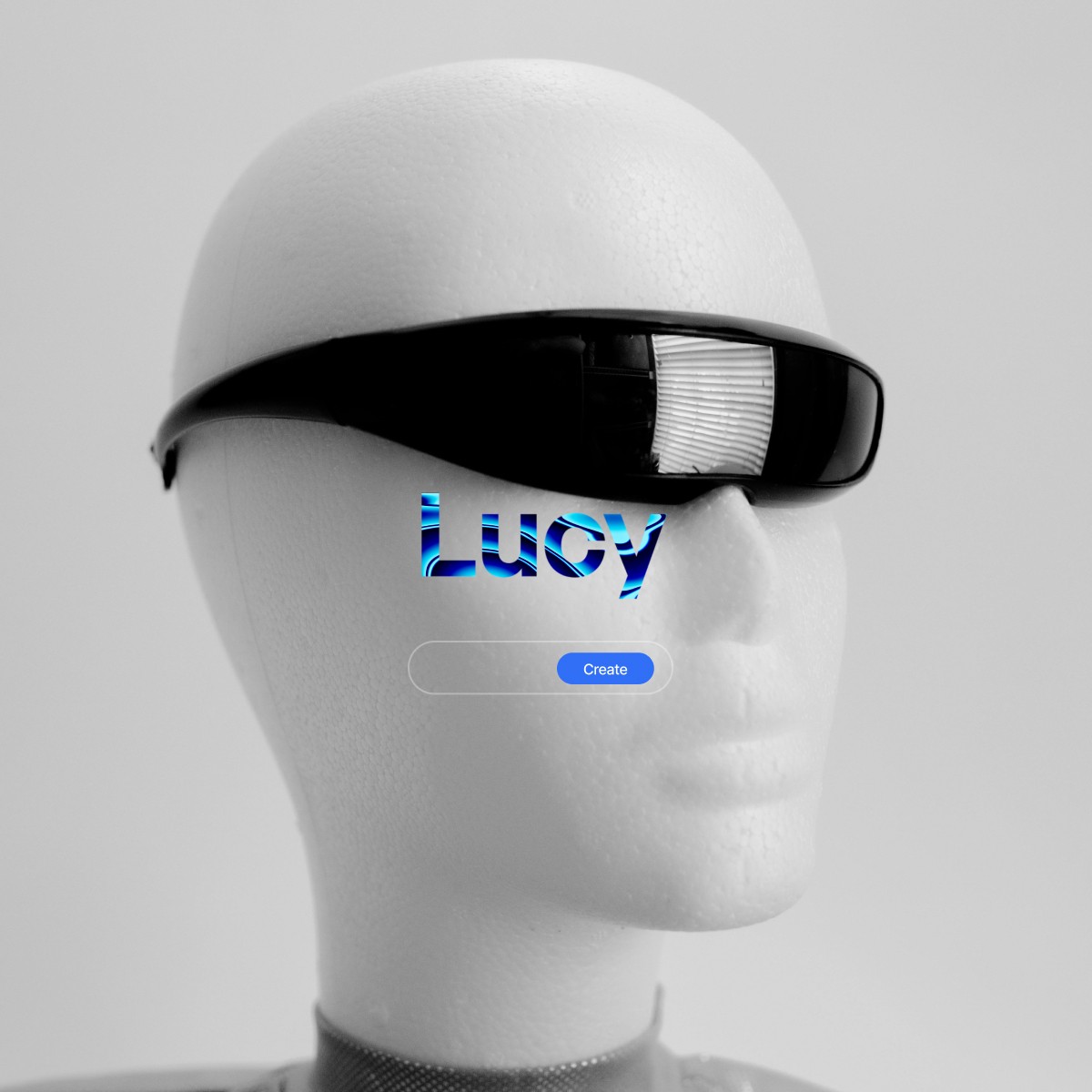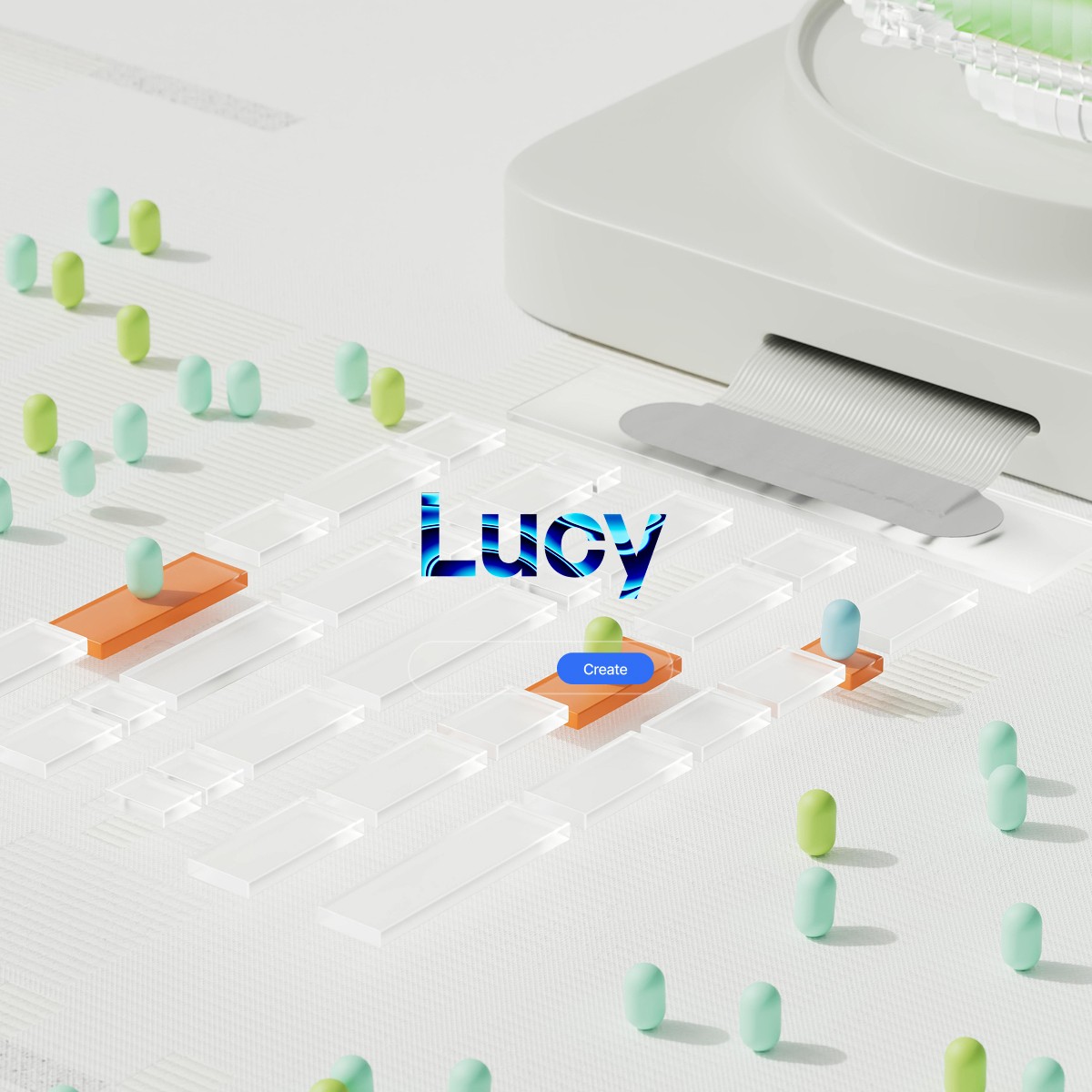



impossible to
possible

LucyBrain Switzerland ○ AI Daily
ChatGPT vs. Specialized Tools: When to Use AI Assistants Instead of Dedicated Software
May 11, 2025
By TopFreePrompts AI Team
May 11, 2025 • 8 min read
Modern businesses face a critical decision when implementing AI: should they leverage general-purpose AI assistants like ChatGPT or invest in specialized software built for specific functions? This comprehensive analysis helps decision-makers understand when each approach delivers maximum value.
Understanding the Landscape: AI Assistants vs. Specialized Software
The technological landscape has shifted dramatically over the past 18 months, with general-purpose AI assistants developing capabilities that increasingly overlap with specialized software solutions. This convergence creates both opportunities and complexities for business leaders.
What Defines Each Approach
AI Assistants (ChatGPT, Claude, etc.)
General-purpose language models trained on diverse data
Flexible interfaces that adapt to various tasks through prompting
Continually expanding capabilities through regular updates
Minimal implementation requirements with web or API access
Specialized Software
Purpose-built applications designed for specific business functions
Optimized workflows with dedicated interfaces
Deep integration with industry standards and protocols
Usually requiring implementation, training, and maintenance
When AI Assistants Outperform Specialized Tools
General-purpose AI assistants demonstrate significant advantages in several key scenarios:
1. Cross-Domain Tasks Requiring Flexibility
AI assistants excel when tasks span multiple domains or require creative synthesis across disciplines. Unlike specialized tools confined to specific functions, assistants like ChatGPT can seamlessly move between content creation, data analysis, and strategic planning within a single conversation.
Case Study: Horizon Marketing Agency
Horizon replaced five separate specialized tools with a well-designed ChatGPT workflow, reducing software costs by 62% while increasing team agility. Their creative directors now use a single interface to develop campaign concepts, draft copy, analyze market research, and create implementation plans—tasks that previously required multiple specialized applications.
2. Rapid Prototyping and Iteration
When speed takes priority over deep specialization, AI assistants deliver substantial advantages. Their ability to generate initial versions of various outputs—from code to marketing copy—makes them invaluable for early-stage development.
Case Study: NexGen Product Development
NexGen's product team uses ChatGPT to prototype new features, generating functional specifications, user stories, and initial design concepts in hours rather than days. While specialized design tools are still used for final production, the AI assistant accelerates the conceptual phase by 73%, allowing more iterations within development cycles.
3. Low-Volume Specialized Tasks
When specialized tasks occur infrequently, the cost of dedicated software becomes difficult to justify. AI assistants provide an economical alternative for occasional but important functions.
Case Study: Meridian Manufacturing
Rather than purchasing rarely-used specialized translation software at $24,000 annually, Meridian implemented a ChatGPT workflow for translating occasional technical documentation. The approach saves over $20,000 yearly while maintaining 96% translation accuracy for their specific technical terminology.
4. Combined Workflows Requiring Human Judgment
AI assistants excel when processes require significant human judgment and customization, creating a collaborative workflow rather than an automated one.
Case Study: Westlake Legal Services
Westlake's attorneys found that specialized legal research software often delivered overwhelming results requiring extensive filtering. Their ChatGPT workflow instead produces synthesized summaries of relevant case law with explanations of applicability, reducing research time by 58% while improving the quality of client advice.
When Specialized Tools Maintain Their Edge
Despite the versatility of AI assistants, specialized software maintains critical advantages in several key areas:
1. High-Volume, Standardized Processes
When tasks follow consistent patterns and occur at high volume, specialized software typically offers superior efficiency, integration, and scalability.
Case Study: Atlas Financial Services
Atlas tested replacing their specialized accounting software with an AI assistant workflow but found that transaction processing was 340% slower and error rates increased by 12%. They've now adopted a hybrid approach: specialized software for core accounting with ChatGPT assisting in exception handling and report analysis.
2. Regulated Industries with Compliance Requirements
In heavily regulated environments, specialized software with built-in compliance features remains essential for risk management and audit purposes.
Case Study: Guardian Healthcare Services
Guardian's compliance team found that while ChatGPT could draft HIPAA-compliant policies, it couldn't replace their specialized healthcare compliance software for ongoing monitoring and documentation. Their hybrid solution uses the AI assistant for policy development while maintaining specialized tools for operational compliance.
3. Mission-Critical Systems Requiring Guaranteed Performance
When consistent, predictable performance is non-negotiable, specialized systems built for reliability maintain their advantage.
Case Study: Precision Manufacturing Corporation
Precision's production line control systems continue to rely on specialized industrial software rather than AI assistants. While they use ChatGPT for optimizing production schedules and analyzing performance data, the actual machine control remains with purpose-built systems that guarantee consistent operation.
4. Deep Technical Specialization
Some domains require such specialized functionality that general AI assistants cannot yet match the depth of dedicated solutions.
Case Study: Quantum Research Laboratories
Quantum's research team found that specialized molecular modeling software remains essential for their core scientific work. They use ChatGPT to analyze research findings and draft reports, but the computational chemistry itself relies on specialized tools built for that specific purpose.
The Rise of Hybrid Approaches
The most effective implementations in 2025 combine the strengths of both approaches, creating hybrid workflows that maximize value while minimizing limitations.
Effective Hybrid Implementation Patterns
Use AI assistants as intelligent front-ends to specialized systems
Organizations are increasingly using ChatGPT as a natural language interface to complex specialized software, simplifying user interaction while maintaining backend capabilities.Employ specialized tools for core functions with AI assistants for edge cases
Many businesses maintain specialized systems for standard operations while using AI assistants to handle exceptions and unusual scenarios that fall outside normal parameters.Leverage AI assistants for cross-system integration
Rather than building complex integrations between specialized systems, some organizations use AI assistants to transfer and transform information between otherwise disconnected tools.Use AI for augmentation and specialized tools for automation
This pattern reserves specialized software for fully automated processes while employing AI assistants for tasks requiring human judgment and creative input.
Implementation Framework: Making the Right Choice
When evaluating whether to use an AI assistant or specialized software, consider these key decision factors:
Task Frequency and Volume
High-frequency, high-volume tasks typically favor specialized tools, while occasional or varied tasks favor AI assistants.Regulatory and Compliance Requirements
Greater regulatory burden generally shifts the balance toward specialized solutions with built-in compliance features.Integration Requirements
Tasks requiring deep integration with existing systems may still favor specialized software, though this gap is narrowing.Customization Needs
Greater need for customization and adaptation typically favors AI assistants.Budget Constraints
Limited budgets generally favor AI assistants, which offer broader functionality at lower implementation costs.Speed to Implementation
When rapid deployment is crucial, AI assistants typically offer significant advantages.
Cost-Benefit Analysis: The Economics of Choice
The financial implications of choosing between AI assistants and specialized software extend beyond simple license comparisons:
AI Assistant Economics
Lower upfront costs and implementation expenses
Broader functionality reducing total software needs
Continuous capability expansion without additional cost
Flexibility to adapt to changing business requirements
Typically subscription-based with predictable pricing
Specialized Software Economics
Higher implementation costs but potentially greater efficiency
Deeper functionality in specific domains
More predictable performance and reliability
Often requiring significant training and change management
Typically higher total cost of ownership for single functions
Organizations achieving the best results conduct comprehensive cost-benefit analyses that consider both direct costs and indirect factors like training, integration, and maintenance.
Future Trends: Convergence and Specialization
The distinction between AI assistants and specialized software is increasingly blurring, with several important trends emerging:
Specialized tools incorporating general AI capabilities
Traditional software vendors are rapidly integrating LLM technology into their specialized offerings.AI assistants developing domain-specific expertise
General models are increasingly incorporating specialized knowledge and capabilities for specific industries.API-driven hybrid architectures
New software designs combine specialized computational engines with AI interfaces and orchestration.Industry-specific AI assistant variants
Custom-trained models are emerging for specific industries with specialized knowledge and terminology.
These trends suggest that the future lies not in choosing between approaches but in leveraging increasingly sophisticated combinations of both.
Conclusion: Strategic Implementation for Maximum Value
The choice between AI assistants and specialized software isn't binary—it's about strategic implementation that leverages the strengths of each approach while mitigating limitations.
Organizations achieving the greatest success follow these principles:
Evaluate each business process individually rather than making organization-wide technology decisions
Consider both immediate needs and long-term flexibility
Implement hybrid approaches that combine strengths of both technologies
Continuously reassess as both AI assistants and specialized tools evolve
Prioritize user experience and adoption alongside technical capabilities
By taking a thoughtful, strategic approach to implementation, businesses can maximize the transformative potential of AI while maintaining the depth and reliability of specialized solutions where they remain essential.
The question isn't which technology to choose—it's how to orchestrate them effectively to create maximum business value.



